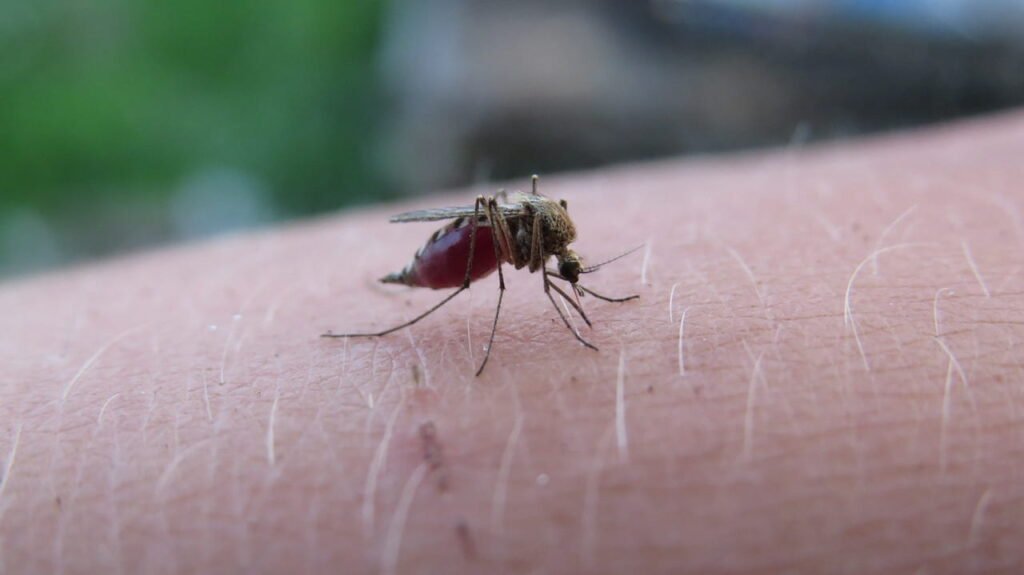Malaria is a significant global health concern, particularly in tropical and subtropical regions. This mosquito-borne disease, caused by the Plasmodium parasite, poses a threat to millions of people worldwide. In this comprehensive guide, we will explore into the intricacies of malaria prophylaxis pills, covering everything from its definition to its transmission, and from prevention methods to treatment options.
Definition
The disease malaria is a potentially fatal parasitic infection spread by female Anopheles mosquito bites. There are several species of Plasmodium parasites, with P. falciparum being the most deadly.
Symptoms
Recognizing the symptoms of malaria is crucial for early diagnosis and treatment. Common symptoms include:
I. Fever
II. Chills
III. Sweats
IV. Headaches
V. Nausea
VI. body aches.
In severe cases, malaria can lead to organ failure and death if left untreated.
Malaria Vaccine
While there is no commercially available malaria vaccine yet, ongoing research has led to the development of promising candidates. The most advanced malaria vaccine to date is RTS,S/AS01, which has shown moderate efficacy in clinical trials, particularly in young children in Africa.
Treatment
Prompt and effective treatment is essential for managing malaria and preventing complications. Antimalarial medications such as artemisinin-based combination therapies (ACTs) are commonly used to treat malaria infections. In severe cases, hospitalization and intravenous treatment may be necessary.
Medication
Several medications are available for malaria prevention and treatment. These include:
I. Chloroquine
II. Mefloquine
III. Doxycycline
IV. Atovaquone-proguanil
The choice of medication depends on factors such as the type of malaria parasite and drug resistance patterns in the region.
Malaria Prophylaxis
Malaria prophylaxis involves taking preventive measures to reduce the risk of malaria infection. This includes using insect repellents, sleeping under mosquito nets treated with insecticides, and taking antimalarial medications before, during, and after travel to malaria-endemic areas.
Malaria Pills
Antimalarial pills, also known as malaria prophylaxis medication, are prescribed to travelers visiting regions where malaria is endemic. These pills help prevent malaria infection by suppressing the growth of the malaria parasite in the body.
Malaria Parasite
Malaria is caused by the Plasmodium parasite. It has a complex life cycle that involves both mosquito and human hosts. The parasite develops in multiple stages, including:
I. Sporozoites
II. Merozoites
III. Gametocytes
Each playing a crucial role in the transmission of the disease.
Malaria Death Rate
Malaria continues to be a leading cause of death in many tropical and subtropical countries, particularly in sub-Saharan Africa. The exact death rate varies depending on factors such as access to healthcare, availability of effective treatments, and the prevalence of drug-resistant malaria prophylaxis strains.
Causes
Malaria is caused by infection with Plasmodium parasites, which are transmitted to humans through the bites of infected Anopheles mosquitoes. Factors such as
I. Environmental conditions
II. Mosquito breeding habitats
IV. Human behavior contribute to the spread of the disease.
Malaria Pathogen
The Plasmodium parasite is the pathogen responsible for causing malaria. There are five Plasmodium species that can infect people: P. falciparum, P. vivax, P. ovale, P. malariae, and P. knowlesi. Each species has its unique characteristics and geographical distribution.
Malaria Mosquito
Female Anopheles mosquitoes are the primary vectors responsible for transmitting malaria to humans. These mosquitoes breed in stagnant water bodies such as ponds, puddles, and swamps. Efforts to control malaria prophylaxis often target mosquito populations through insecticide spraying and environmental management.
Malaria Disease
Malaria is a debilitating disease that affects millions of people worldwide. In addition to its physical toll, malaria also has significant social and economic impacts, particularly in endemic regions where the disease hinders productivity and economic development.
Malaria Transmission
Malaria transmission occurs when infected female Anopheles mosquitoes bite humans and inject Plasmodium parasites into their bloodstream. Once inside the body, the parasites multiply and cause malaria symptoms. Transmission can also occur through:
I. Blood transfusions
II. Organ transplants
III. Congenital transmission from mother to child
Malaria Life Cycle
The life cycle of the malaria parasite involves several stages, beginning with the bite of an infected mosquito. Once inside the human body, the parasites invade liver cells, where they multiply and mature before entering the bloodstream and infecting red blood cells. This cyclical process continues as infected mosquitoes bite humans, perpetuating the transmission of the disease.
Malaria remains a significant global health challenge, particularly in regions where the disease is endemic. Understanding the various aspects of malaria prophylaxis, from its transmission to its treatment and prevention, is essential for combating its spread and reducing its impact on vulnerable populations. Through continued research, investment in healthcare infrastructure, and community engagement, we can work towards a future free from the burden of malaria prophylaxis.
Type of Malaria Table
| Type of Malaria | Parasite Species | Prevention Methods |
|---|---|---|
| Plasmodium falciparum | P. falciparum | – Use of insect repellents |
| – Sleeping under insecticide-treated mosquito nets | ||
| – Taking antimalarial medication as prophylaxis | ||
| – Avoiding travel to areas with high malaria risk | ||
| Plasmodium vivax | P. vivax | – Similar preventive measures as for P. falciparum |
| Plasmodium ovale | P. ovale | – Similar preventive measures as for P. falciparum |
| Plasmodium malariae | P. malariae | – Similar preventive measures as for P. falciparum |
| Plasmodium knowlesi | P. knowlesi | – Similar preventive measures as for P. falciparum |
Note: Consult with a healthcare professional for personalized advice on malaria prophylaxis and prevention.
FAQS
What are malaria prophylaxis pills?
Malaria prophylaxis pills are medications taken to prevent malaria, a disease caused by Plasmodium parasites transmitted through mosquito bites. Common prophylactic drugs include doxycycline, mefloquine, and atovaquone-proguanil.
What causes malaria?
Malaria is caused by Plasmodium parasites, primarily Plasmodium falciparum and Plasmodium vivax, which are transmitted to humans through the bites of infected Anopheles mosquitoes.
How is malaria transmitted?
Malaria is transmitted through the bites of infected female Anopheles mosquitoes, which carry the Plasmodium parasite. It can also be transmitted through blood transfusions, organ transplants, and from mother to child during childbirth.



